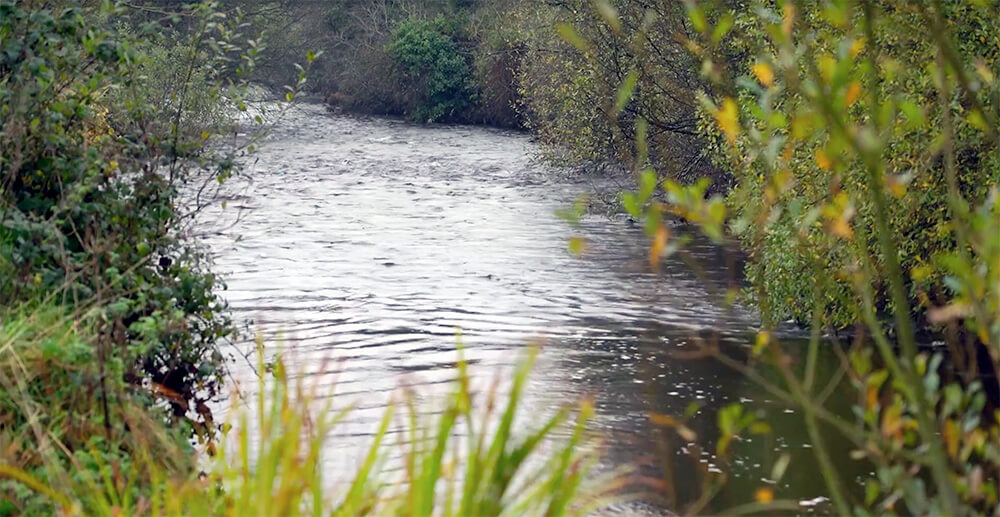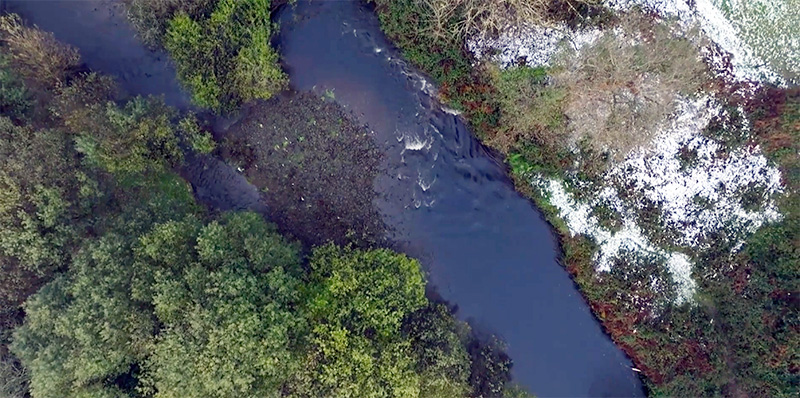The Farming for Water EIP Initiative: A Collaborative Solution
Agriculture needs a constant supply of fresh clean water for animals, crops, for dairy and other food processing. Much of our tourist industry and the natural amenities also depend on clean waters. Therefore, as custodians of the environment it is intrinsic that our dairy farmer milk suppliers play a leading role in protecting the quality of the water in our catchment area.
Recognising this, Kerry Agribusiness was first to implement the new Farming for Water European Innovation Partnership (EIP), worth €60m nationally. This is a collaborative programme, addressing issues related to water, through innovative approaches while simultaneously benefiting climate change mitigation and biodiversity protection. The Pilot of this initiative focussed on implementing tailored solutions for 50 dairy farmers in the Castleisland catchment area. Since then it has been rolled out in a number of other catchment areas with a focus on protecting water resources while maintaining agricultural productivity.
Water Quality Challenges in Agriculture
Nutrients such as phosphorus and nitrogen, essential for agricultural productivity, can enter watercourses through runoff fertilisers if not properly managed, fuelling harmful algal blooms and degrading aquatic habitats.
Farmers, while often seen as contributors to this issue, are in fact critical stakeholders in the solution. Many already recognise the need to adopt sustainable practices, but financial and technical barriers have hindered widespread adoption. The Farming for Water EIP addresses these challenges head-on, providing farmers with resources and guidance to protect local waterways while continuing their essential work.
Watch RTE’s Ear to the Ground video below to see how this initiative is making a positive impact.


